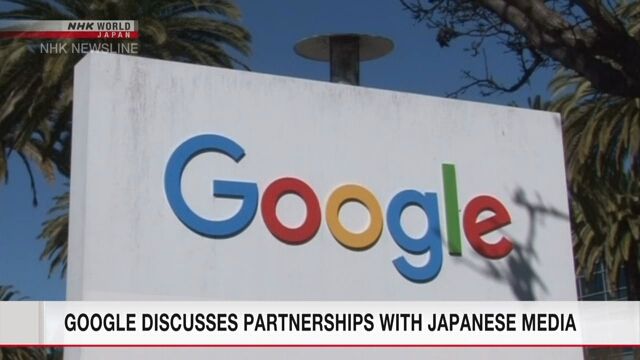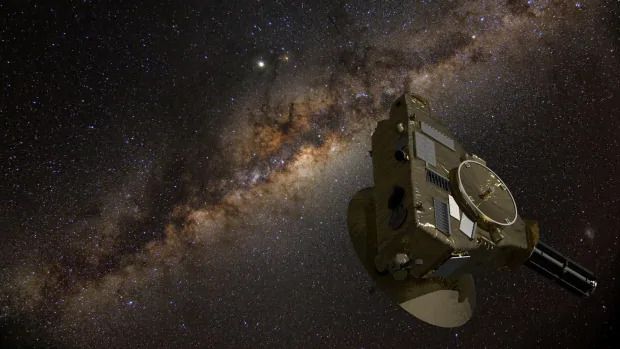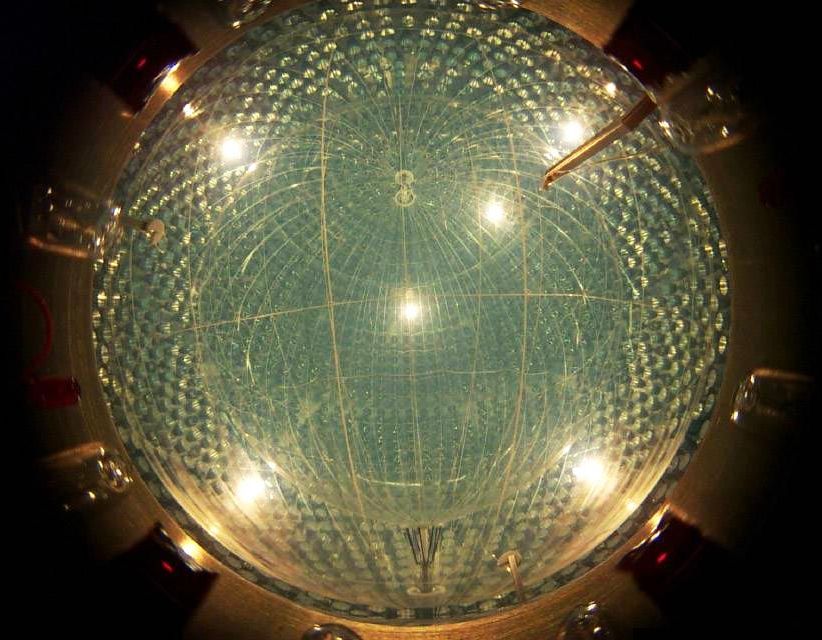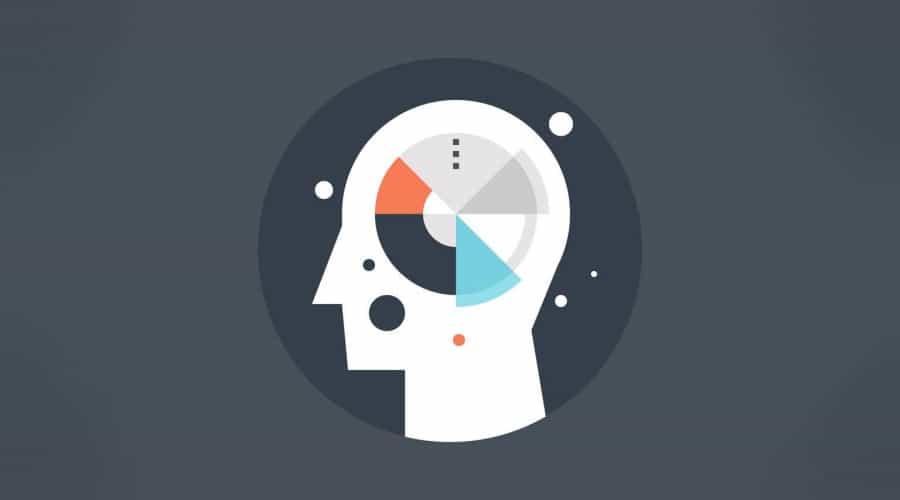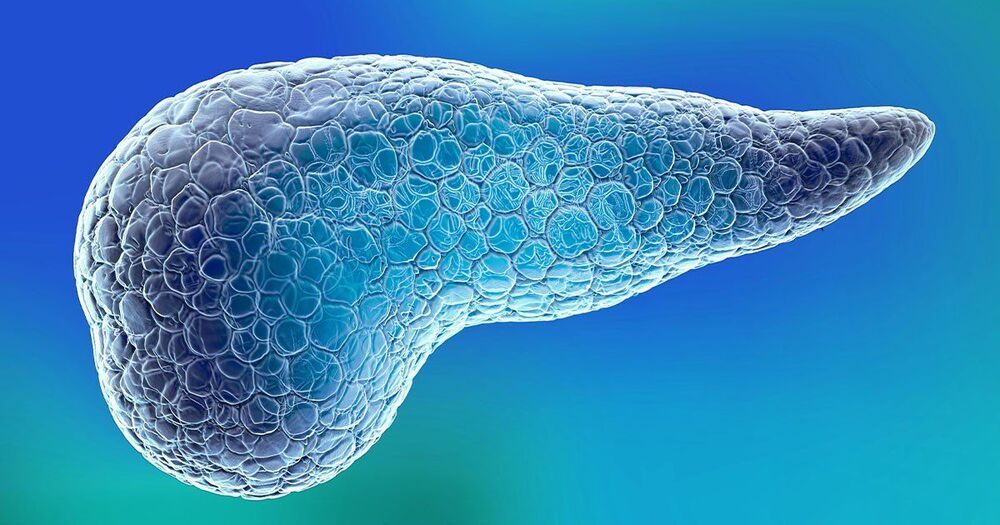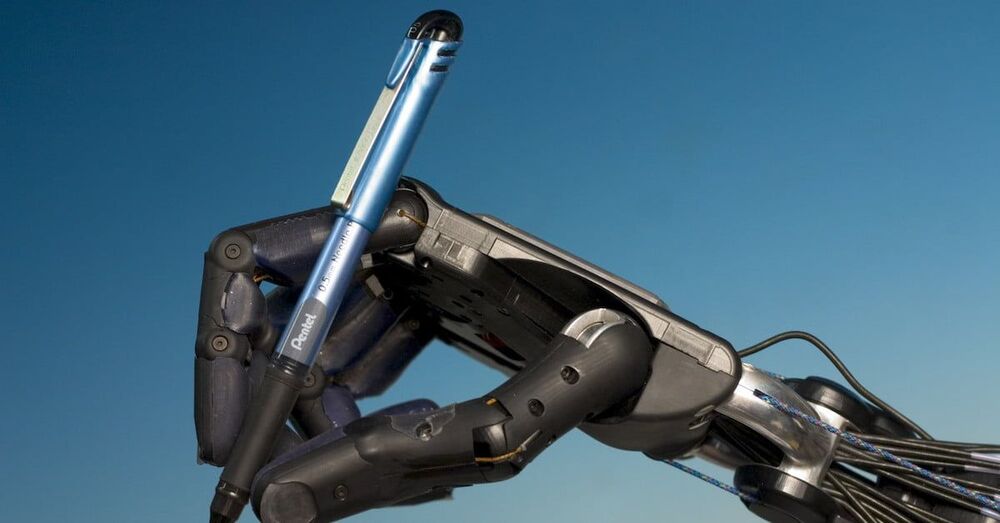A hyper-sensitive instrument, deep underground in Italy, has finally succeeded at the nearly impossible task of detecting CNO neutrinos (tiny particles pointing to the presence of carbon, nitrogen, and oxygen) from our sun’s core. These little-known particles reveal the last missing detail of the fusion cycle powering our sun and other stars.
In results published on November 26, 2020, in the journal Nature (and featured on the cover), investigators of the Borexino collaboration report the first detections of this rare type of neutrinos, called “ghost particles” because they pass through most matter without leaving a trace.
The neutrinos were detected by the Borexino detector, an enormous underground experiment in central Italy. The multinational project is supported in the United States by the National Science Foundation under a shared grant overseen by Frank Calaprice, professor of physics emeritus at Princeton; Andrea Pocar, a 2003 graduate alumna of Princeton and professor of physics at the University of Massachusetts-Amherst; and Bruce Vogelaar, professor of physics at the Virginia Polytechnical Institute and State University (Virginia Tech).
